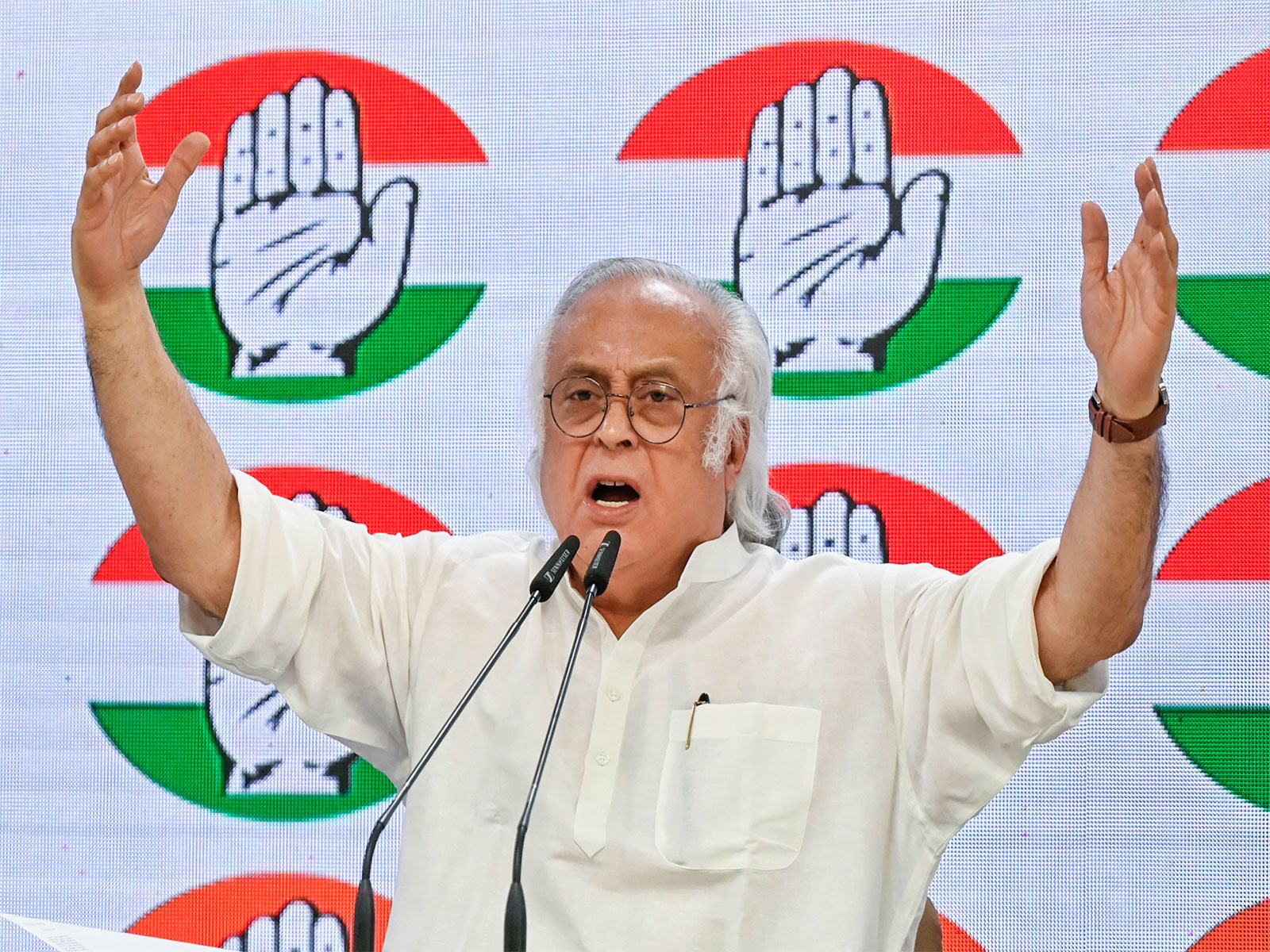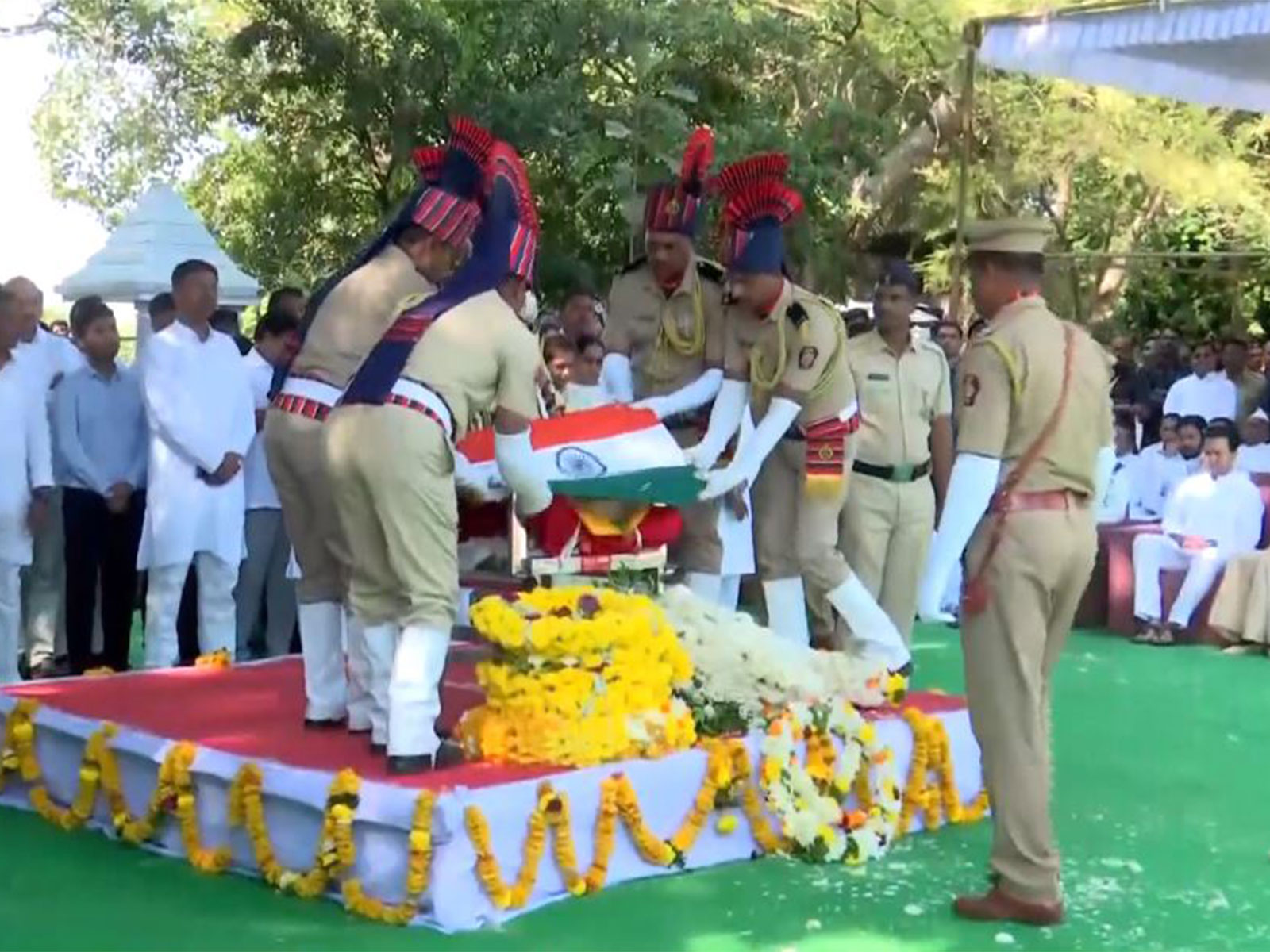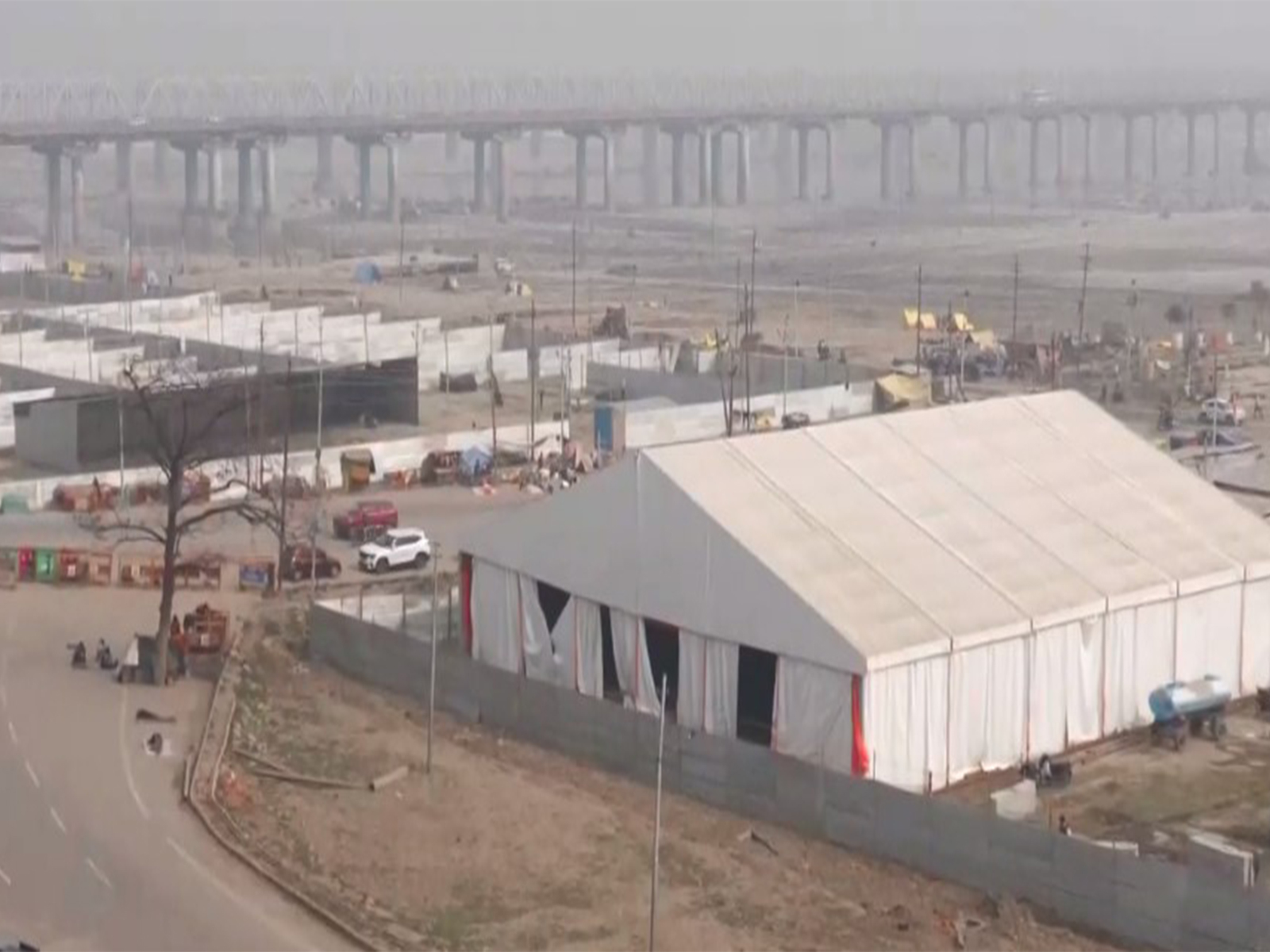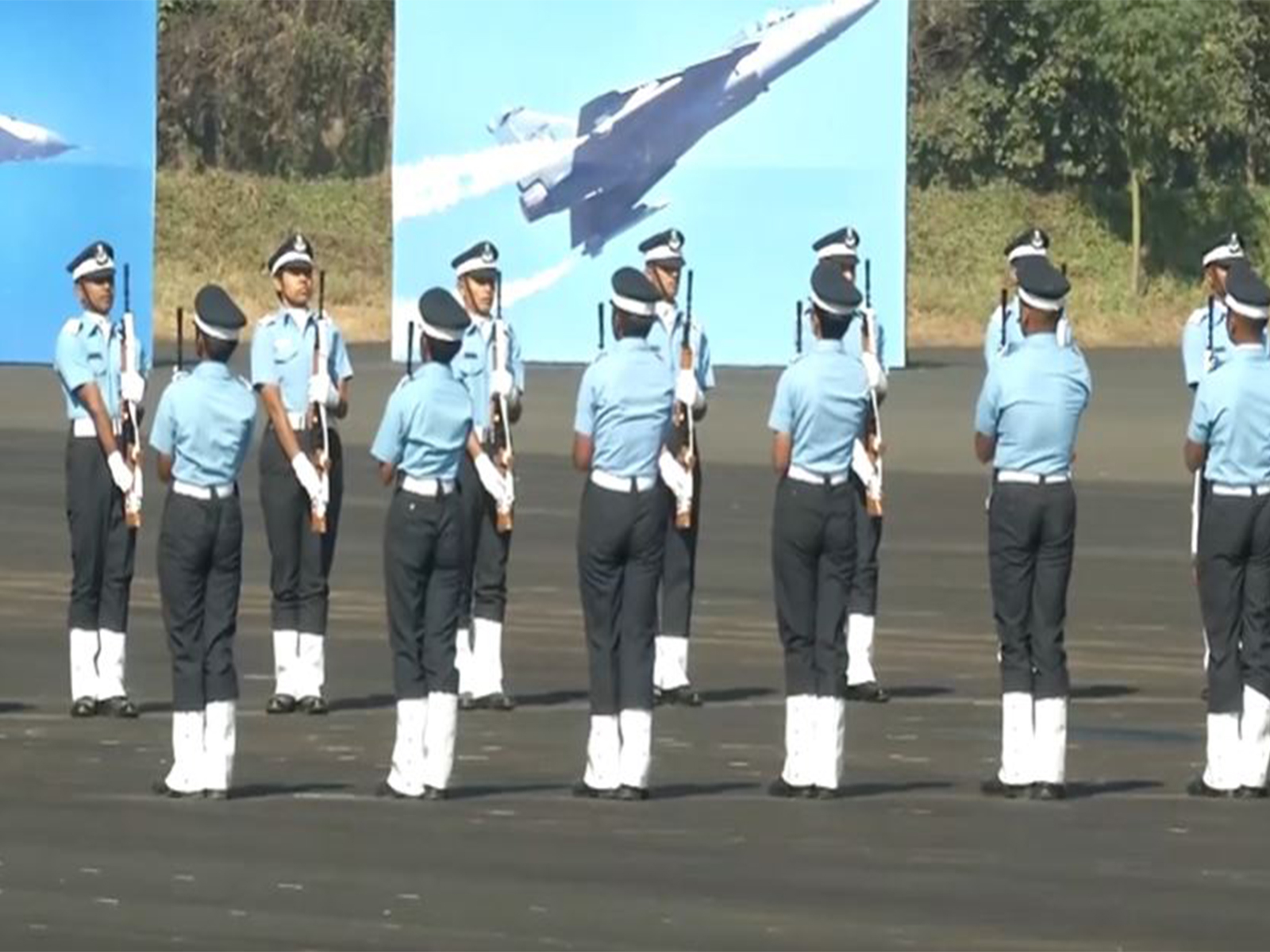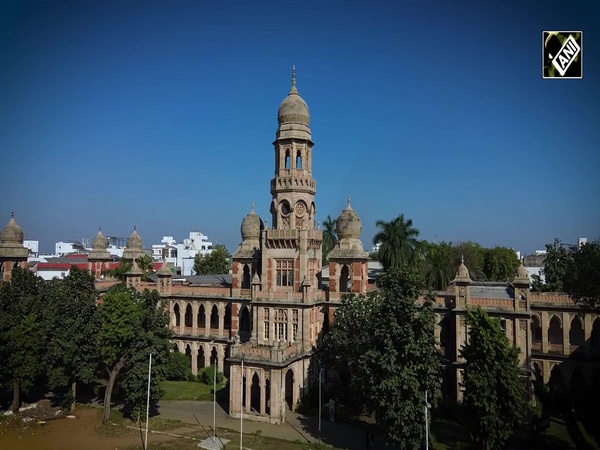SC agrees to hear plea seeking direction to ECI to deregister political parties not divulging criminal cases of candidates
Jan 18, 2022

New Delhi [India], January 18 : The Supreme Court on Tuesday agreed to hear a PIL seeking a direction to the Election Commission of India (ECI) to deregister political parties that do not disclose details pertaining to criminal cases of election candidates along with the reason for their selection.
The plea was mentioned before the Bench headed by Chief Justice of India NV Ramana for an early hearing.
Advocate Ashwini Upadhyay who filed the PIL mentioned it before the Bench for urgent listing saying the nomination has started and political parties are violating two judgments.
To this CJI Ramana said, "Can we prevent persons who have cases against them from filing nominations? You have mentioned it, we will see."
The plea has sought direction to ECI to take steps to ensure that every political party publishes the details regarding criminal cases of each candidate along with the reason for such selection on the Home Page of its official website in the spirit of the apex court judgment.
While complaining that Samajwadi Party has fielded Nahid Hasan from Kairana for Uttar Pradesh Assembly polls and has not published his criminal records online, the petition has sought directions to the ECI to de-register the political party which violates the directions of the apex court.
It also sought direction for the ECI to ensure that every political party explains why it preferred a candidate with criminal cases and didn't select a person without criminal antecedents within 48 hours.
The plea filed by Upadhyay also urged that the ECI ensure that every political party publishes the criminal cases within 48 hours in electronic, print and social media and to file a contempt case against the President whose party violates the directions of the apex court
It stated that on January 13, 2022, Samajwadi Party, which is a registered and recognized political party, fielded notorious gangster Nahid Hasan from Kairana but neither published his criminal records in electronic, print, and social media nor the reason of his selection within 48 hours in the spirit of the direction top court.
"Nahid Hasan is in custody under the Gangster Act imposed on him around 11 months ago and he is the first candidate to file nomination in the first phase of Uttar Pradesh Assembly Elections. On February 13, 2021, Shamli Police imposed the Gangster Act on Nahid Hasan, the two-time MLA from Kairana. He has multiple criminal cases and is the mastermind behind the Hindu exodus from Kairana. There are many criminal cases including fraud and extortion and was declared a fugitive by Special MLA-MP Court," plea states.
It said that even recognized political parties are giving tickets to dreaded criminals, and therefore, voters find it difficult to cast their vote freely and fairly, though it's a fundamental right under Article 19.
The consequences of permitting criminals to contest, become legislators are extremely serious for democracy and secularism as during the electoral process itself, not only do they deploy enormous amounts of illegal money to interfere with the outcome but also intimidate voters/rival candidates, the plea stated.
It added, "Once they gain entry to the governance as legislators, they interfere with, and influence, the functioning of government machinery in favour of themselves and their organization by corrupting government officers and, where that does not work, by using their contacts with Ministers to make threats of transfer and initiation of disciplinary proceedings. Some become Ministers, which makes the situation worse.
"Legislators with criminal antecedents attempt to subvert the administration of justice and attempt by hook or crook to prevent cases against themselves from being concluded and, where possible, to obtain acquittals. Long delays in disposal of cases against sitting MP's and MLA's and low conviction rates are testimony to their influence," it further said.
As per Supreme Court's judgments in 2018 and 2020, political parties were ordered to publish the entire criminal history of their candidates for Assembly and Lok Sabha elections along with the reasons that goaded them to field suspected criminals over decent people.
The information should be published in a local as well as a national newspaper as well as the parties' social media handles. It should mandatorily be published either within 48 hours of the selection of candidates or less than two weeks before the first date for filing of nominations, whichever is earlier.
The published information on the criminal antecedents of a candidate should be detailed and include the nature of their offences, charges framed against him, the court concerned, case number, etc.
